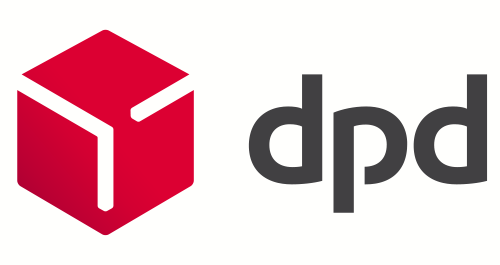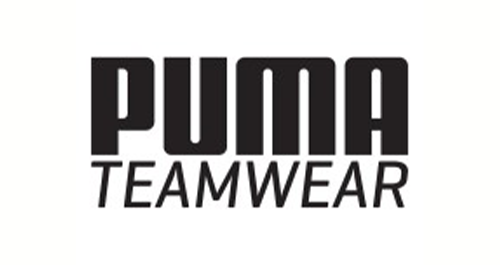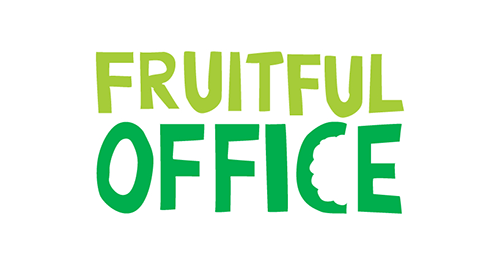How could Quentin Tarantino plug his leaks?
Blog by Andy | Posted on Friday October 31 2014

I’m a big fan of Quentin Tarantino’s films. Since the massive controversy surrounding his first major hit, Reservoir Dogs, and all the hand-wringing its style, script and subject matter provoked, I have looked forward to each of his films, wondering how he’ll tackle each new genre with which he works. He hasn’t disappointed. Each new film has been fun to watch and genuinely innovative, even when borrowing from the myriad films Tarantino has consumed throughout his career. Pulp Fiction is widely regarded as one of the best films made to date, with it recently being added to the US National Film Registry by the Library of Congress.
So it was annoying to me, as I suspect it was to other people, to hear that the script for his recent project, The Hateful Eight was leaked, prompting Tarantino to talk of abandoning the project altogether, apparently nailing its coffin shut with a reading of the script with some of his trusty acting regulars, Samuel L Jackson, Bruce Dern and Michael Madsen. Since then, the film has gone into production, but the thought of it being kiboshed by the leak irks me.
Even if I came by the script by whatever means, I wouldn’t release it to the wild as I know that the films Tarantino makes are much more enjoyable than reading the scripts from which they are made. It’s naïve to think, however, that other people are going to follow my shining example of altruism, especially when there’s a quick buck to be made by such unscrupulous hacks.
Options
So how could Tarantino avoid the same thing happening in future? How could he distribute a script and ensure it is only opened by the people for whom it is intended?
He could encrypt the file, so that to those without the password to open it, it would be gobbledegook. He could make sure that he sends it to only a select group of people and give only them the password. Maybe even encrypt several copies, each with a different password.
All possible, but once the document is out there with its password, he’s relinquished control, and that password will always decrypt that document. So as soon as the file and its password falls into the wrong hands, there is no way to get the proverbial cat back into the even more proverbial bag.
What if there was a way to control access to a document not just in how it is accessed, but when? Wouldn’t it be great to send out such sensitive and valuable material, and maintain control once it’s left your hard drive?
Prophylactic
Enter WatchDox – a prophylactic Dropbox. Hmm, perhaps not the best connotations.
What’s a better way to describe WatchDox? Well, like Dropbox, it’s a file storage platform that allows in-app editing of major file formats and it allows you to share the files within it with others whom you specify. Unlike Dropbox, however, when you share your files with others, you aren’t giving them the file for them to send on to all and sundry. No, you are merely allowing them to share it with you until you decide otherwise. Each file within WatchDox has information built into it, that governs those to whom access will be granted. That’s right: like Justin Bieber in the alleged altercation with Orlando Bloom, it has a security detail that prevents it from being breached, however much he maybe asking for it.
So hot right now
Other Hollywood directors (Ron Howard and Michael Bay to name two) and movie studios have already discovered WatchDox, so Quentin Tarantino would not be alone in using its features to keep his projects under control. And the good news is that you don’t need a $100m budget to be able to afford it. There are some excellent videos introducing WatchDox and showing how others have benefitted from it.
You can give the world’s most secure file sharing solution a try free through Idency – and can somebody let Quentin know? I’ve lost his number.



































